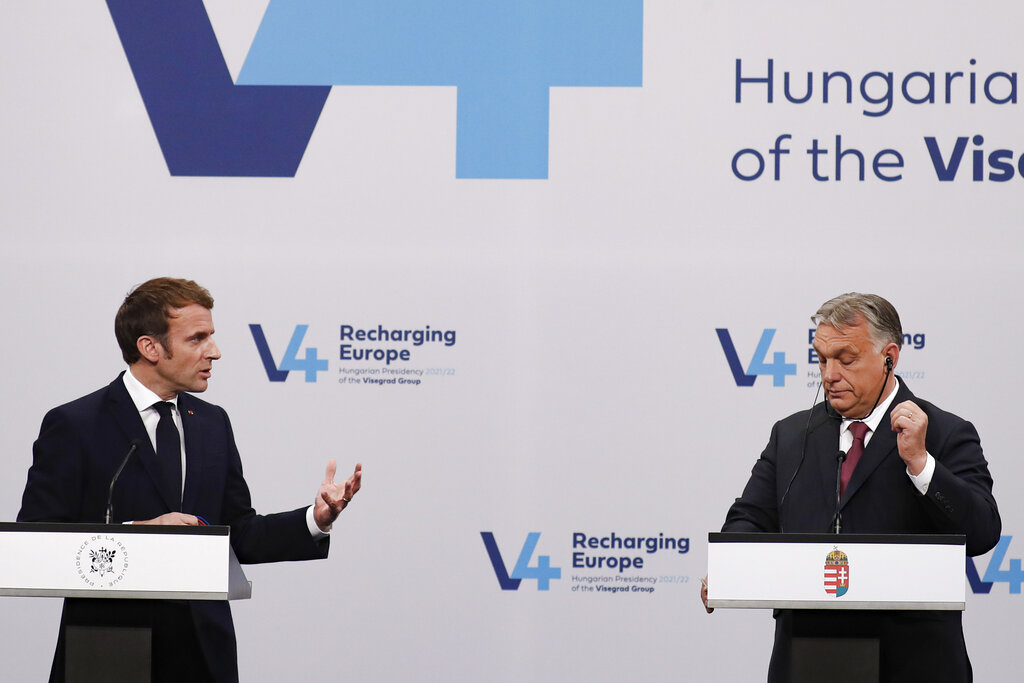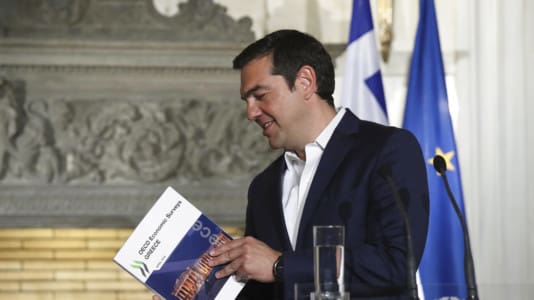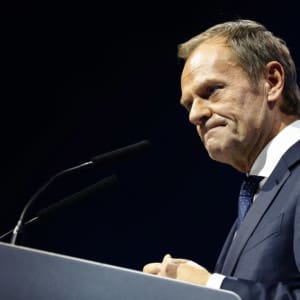The more we speak about common values, the more the differences in defining them will become obvious, Lucia Puttrich writes in daily Frankfurter Allgemeine Zeitung.
“This not only has to do with the behavior of the Polish and Hungarian governments, it is also becoming increasingly clear that the member states have a common set of values, but not a uniform definition of these values,” Puttrich writes.” The most recent attempts to unify these values politically are leading the EU into a dead end in terms of integration policy.”
Puttrich argues that Germany should therefore take care to calm this debate down as much as possible. Not only because there are reservations against excessive centralization tendencies also in Germany, but above all because these debates stand in the way of the further development of the EU as a whole.
Hungary and Poland-bashing is “toxic”
“The Poland and Hungary bashing of recent years did not correspond to the spirit of cooperation on an equal footing, but had a toxic effect on the internal cohesion of the EU,” the author writes. The younger member states in particular only achieved their freedom and full independence shortly before joining the EU. They also chose the path to the EU because they saw their sovereignty better protected against Russian aggression.
Germany should therefore find its way back to the mediator position between East and West and between large and small member states, as Helmut Kohl once did. Friendly in tone and authoritative in the matter. French President Emmanuel Macron already seems to be taking this step and visited Hungarian Prime Minister Viktor Orbán.
“Without the unity of all member states, further integration, and even deeper cooperation on the basis of the existing treaties, will fail. This unity can only succeed in diversity, in the acceptance of diversity,” Puttrich writes.
“European unification was never designed as a merging of European identities and values, but rather as a cooperation between sovereign states for mutual benefit. Unity in diversity does not mean the standardization of diversity. The younger member states are reminding us of that. Sometimes louder, sometimes quieter.”
The article in Frankfurter Allgemeine Zeitung follows another recent warning in Germany’s Der Freitag newspaper that the EU is acting with “arrogance” in its dealings with Poland and Hungary.






